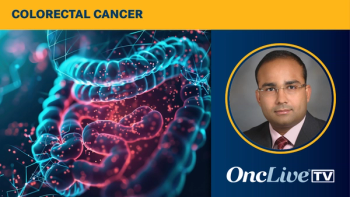
Dr. Grupka on Mutations in Patients With Myelodysplastic Syndrome
Nichon L. Grupka, MD, pathologist, Novant Health Thomasville Medical Center, discusses the manifestations of mutations in myelodysplastic syndrome (MDS).
Nichon L. Grupka, MD, pathologist, Novant Health Thomasville Medical Center, discusses the manifestations of mutations in myelodysplastic syndrome (MDS).
A majority of mutations in MDS are not necessarily specific to a particular disease entity. For instance, if someone has a t(9;22), a Philadelphia chromosome, they are likely to have chronic myeloid leukemia. However, if they have a SF3B1 mutation, the patient could have chronic lymphocytic leukemia or MDS. The same is true with the BRAF mutation in non-hematologic malignancies and hairy cell leukemia.
Some mutations are not specific to a malignancy, and the presence of one may not mean anything for a patient at that time. It might mean that they have a predisposition to a malignancy downstream, or it might mean they have a predisposition to something non-hematopoietic, like a propensity for arteriosclerosis. It’s a vast field, and it's changing rapidly, says Grupka. Plasma cells will likely play a role in the field as well.



































